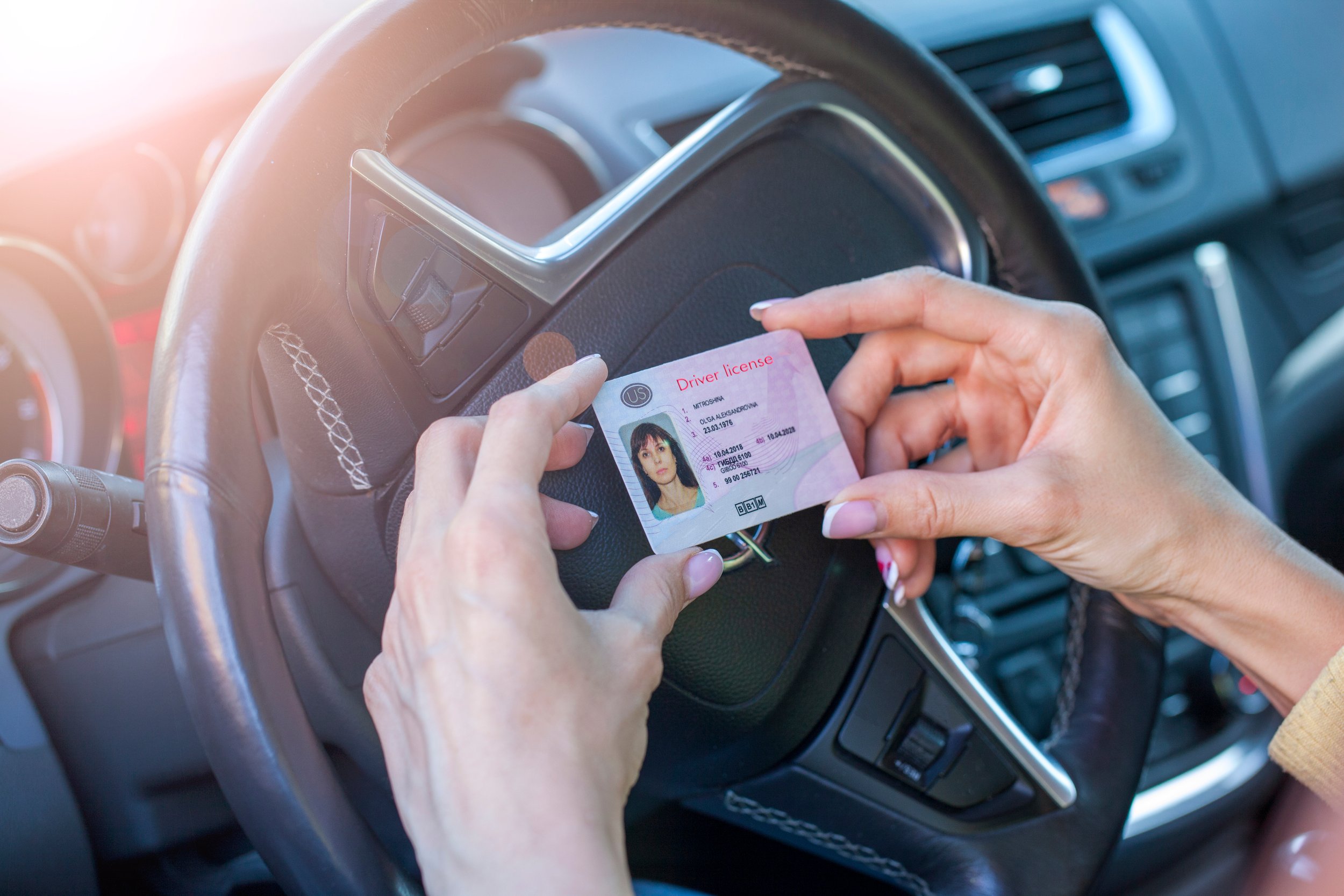Applying for the 30% ruling in the Netherlands – how it works
5:13
The 30% ruling, also known as the expat tax scheme, is a tax benefit for employees who move to the Netherlands for work. If you qualify, your employer can pay up to 30% of your gross salary as a tax-free expenses reimbursement. This benefit helps offset the extra costs you may incur as an expat, such as housing, higher cost of living, or international schooling.
But how do you apply for the 30% ruling? In this article, we explain the steps you (and your employer) need to take, what documents are required, and what you can do to make sure your application is successful.
Before applying, it’s important to check whether you meet the main conditions. These are:
You were recruited from abroad or assigned to the Netherlands by your foreign employer.
In the 24 months before your employment in the Netherlands started, you lived more than 150 km from the Dutch border for at least 16 months.
You have specific expertise that is considered scarce in the Dutch labour market — this is generally assessed based on your salary level
Tip: You can ask your HR contact to verify your eligibility, or consult an expert such as Exterus.
You will need several documents from you to submit the application. Be prepared to provide:
A signed employment or assignment contract clearly stating your salary
Your CV, including work history details (locations and dates) and education details with graduation dates.
A detailed overview of all your past stays in the Netherlands (if any) during the last 25 years.
Your address before arriving in the Netherlands.
Your current Dutch address and your Dutch tax number (BSN).
If you're under 30 years old and applying under the reduced salary threshold: a copy of your master’s degree.
Important: The Dutch tax authorities may request additional proof that you lived outside the 150 km zone for at least 16 of the last 24 months. Acceptable documents include bank statements for the 16 months showing local transactions, energy bills, or local registration records.
Tip: Exterus has years of experience handling 30% ruling applications. We’ve built an efficient intake process to help employers gather the required information quickly and with minimal effort from your side. Want your HR team to be fully supported? Let them know we’re happy to help.
The Dutch Tax Administration requires a formal written agreement between you and your employer stating that the expat ruling will apply. This agreement should cover:
That up to 30% of your gross salary will be paid tax-free as a reimbursement of extra costs.
The conditions under which the ruling will be implemented and duration of the benefit.
A note that this may affect income-related allowances, such as pension, unemployment benefits and disability pay.
Tip: To avoid mistakes, ask your employer to let a tax advisor review or draft the agreement. Exterus can help make sure the wording is compliant with all requirements and reduces the risk of rejection.

The request must be sent to the Dutch tax office within 4 months of your start date. If submitted in time, the benefit can be backdated to the start of your contract. If it’s sent too late, the benefit only starts from the first of the month following the request.
The application is submitted by your employer (often through a tax advisor) using the form:
“Verzoek loonheffingen Expat-regeling”.
Your employer (or the tax advisor) will also need to submit the documents mentioned under Step 2 (printed single-sided only, no writing on the back). If extra space is needed, they can attach an additional note.
Mailing address for the tax office:
Belastingdienst/Kantoor Buitenland
Postbus 2577
6401 DB Heerlen
The Netherlands
Tip: Ask your employer to send the application by registered mail and to keep proof of postage. This ensures there’s a record that the request was sent on time — which is especially important for backdating eligibility.
The Dutch tax office will usually issue a formal decision within 8 to 12 weeks. This will confirm:
Whether the application is approved
The official start date of the ruling
The duration, which is typically 5 years (although this can vary)
Tip: Make sure you receive a copy of the agreement and decision from your employer. You will need this to exchange your drivers’ license.
Once the ruling is granted, your pay slip should show:
Up to 70% of your gross salary taxed normally
Up to 30% paid tax-free as a reimbursement
Note: This may impact other salary elements such as pension contributions, vacation pay, or bonus calculations. Your HR contact or tax advisor can help clarify this.
Also, be aware of the minimum and maximum salary thresholds that apply — especially if your situation changes during your time in the Netherlands.
Tip: Double-check your payslip after the 30% ruling has been applied. If something looks off — for example, the tax-free amount seems too low — don’t hesitate to ask your HR team or a tax advisor. Exterus can also assist in reviewing your payslip to ensure the 30% benefit is properly implemented.
Applying too late (after 4 months) – no retroactive benefit
Missing or insufficient proof of residence abroad
Not being able to prove that the employment was agreed prior to arriving in the Netherlands
Salary does not meet the required minimum threshold
Although the 30% ruling is a great benefit, the process requires careful handling. Mistakes can result in delays, rejections, or extra taxes. If you want peace of mind and maximize your chance of success, ask your employer to work with an expert — such as Exterus B.V. — who can take care of the application for you.

Understand the Dutch expat scheme's implications during garden leave and sabbaticals, including fiscal qualifications, salary thresholds, and transferability for HR and payroll managers.

Ensure compliance with the Expat ruling for expats in 2026 with this comprehensive year-end checklist, covering employment contracts, salary requirements, upcoming changes, and more.

Discover the new salary thresholds for highly skilled migrants and Blue Card holders in 2026 and explore future policy changes affecting migration to the Netherlands.

Discover the benefits of the 30%-ruling for expats and employers in the Netherlands. Learn how this tax exemption increases income, reduces costs, and attracts top international talent.

Learn about the future changes to the Netherlands' 30%-ruling and how to act now to maximize its benefits before 2027.

Discover the new salary thresholds for highly skilled migrants and Blue Card holders in 2026 and explore future policy changes affecting migration to the Netherlands.

The abolition of the partial foreign tax liability in the Netherlands as of 2025 impacts expats with an expat ruling and requires action from employers.

Discover the updated salary requirements for the Dutch expat scheme in 2026, including new thresholds and compliance tips for employers and expats. Stay informed and compliant with Exterus.

Curious about the 30% ruling in the Netherlands? Learn how it works, how to calculate it for 2025, and what HR & expats must know.

Exchange your foreign driving license in the Netherlands with the 30%-ruling. Follow our easy guide and hit the road stress-free.

Compare the Netherlands 30% expat-ruling with actual extraterritorial cost reimbursement. Which is more beneficial for expats and employers? Key Dutch tax and payroll insights.
Subscribe to our newsletter and stay ahead with the latest insights and developments in global employment mobility, delivered straight to your inbox.
By subscribing you agree to with our Privacy Statement